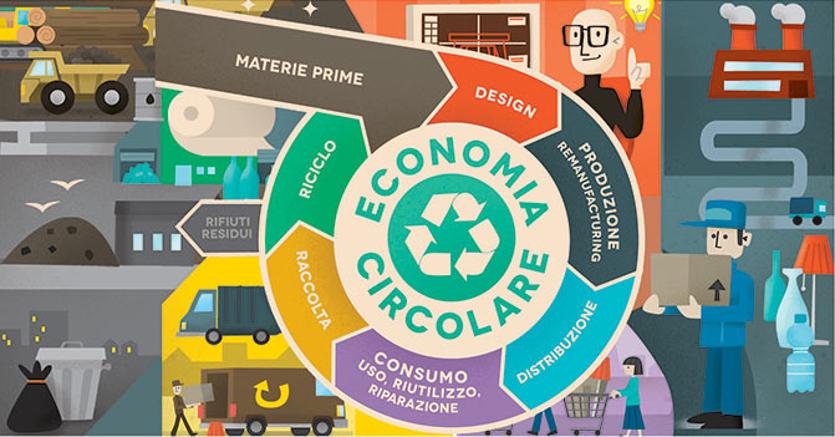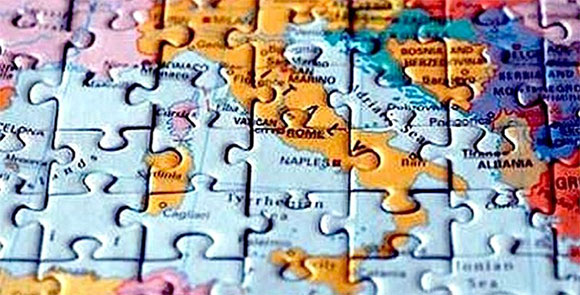Brussels – Awaiting the EU rule of law report, there comes an alarm from the European University Institute’s Center for Media Pluralism. In Europe, there has been a “clear deterioration” in press freedom. No country is immune. The trend is “worrying” in Italy: on the one hand, lawsuits against journalists, also initiated by government officials, are growing; on the other hand, in 2023, the public service has undergone a “blatant occupation operation by majority political forces.”
A cold shower for Giorgia Meloni’s government, in what could be a preview of the conclusions that the European Commission report, due July 24, will also draw on Italy. The annual report measuring the state of the rule of law in member countries was originally scheduled for July 3. However, the EU executive preferred to put its adoption by the College of Commissioners on standby, at least until the games for the re-election to the presidency of the European Commission are closed.
What already emerges from the Media Pluralism Monitor concerning 2023 creates some embarrassment about Ursula von der Leyen’s attempt to seek support—and lavish concessions—from some far-right leaders trying to harness the media in their own country. First among them is the Italian premier, Giorgia Meloni.
Along with Croatia, Albania, and Greece, Italy is one country with an “increasing number of vexatious lawsuits” against the press, the so-called SLAPP, the reckless lawsuits on which European institutions have recently legislated with a new directive, but also pressure and threats, up from previous reports. In addition, “ongoing reforms of criminal libel laws and legal protections against reckless lawsuits contribute to the increased risk.”
As for media independence from political power, it is a vale of tears in both the public and private sectors. If the most critical factor remains the independence of the public service media, which in 2023 “underwent a blatant occupation operation by majority political forces,” it is no better in the private sector, where “some important media are under indirect political influence.” Neither the Meloni government’s attacks on RAI (the Scurati case, the resignation of Carlo Fuortes as CEO, and the new rules adopted by the government on par condicio, to name a few) have gone unnoticed, nor the negotiations for the takeover of AGI, Italy’s second-largest news agency, by the Angelucci group, owned by the Leghist MP Antonio Angelucci.
English version by the Translation Service of Withub
![[foto: imagoeconomica]](https://staging.eunews.it/wp-content/uploads/2024/08/pnrr-meloni-350x250.png)

![Il commissario per l'Economia, Paolo Gentiloni [Bruxelles, 4 novembre 2024. Foto: Emanuele Bonini]](https://staging.eunews.it/wp-content/uploads/2024/11/gentiloni-241104-350x250.png)







